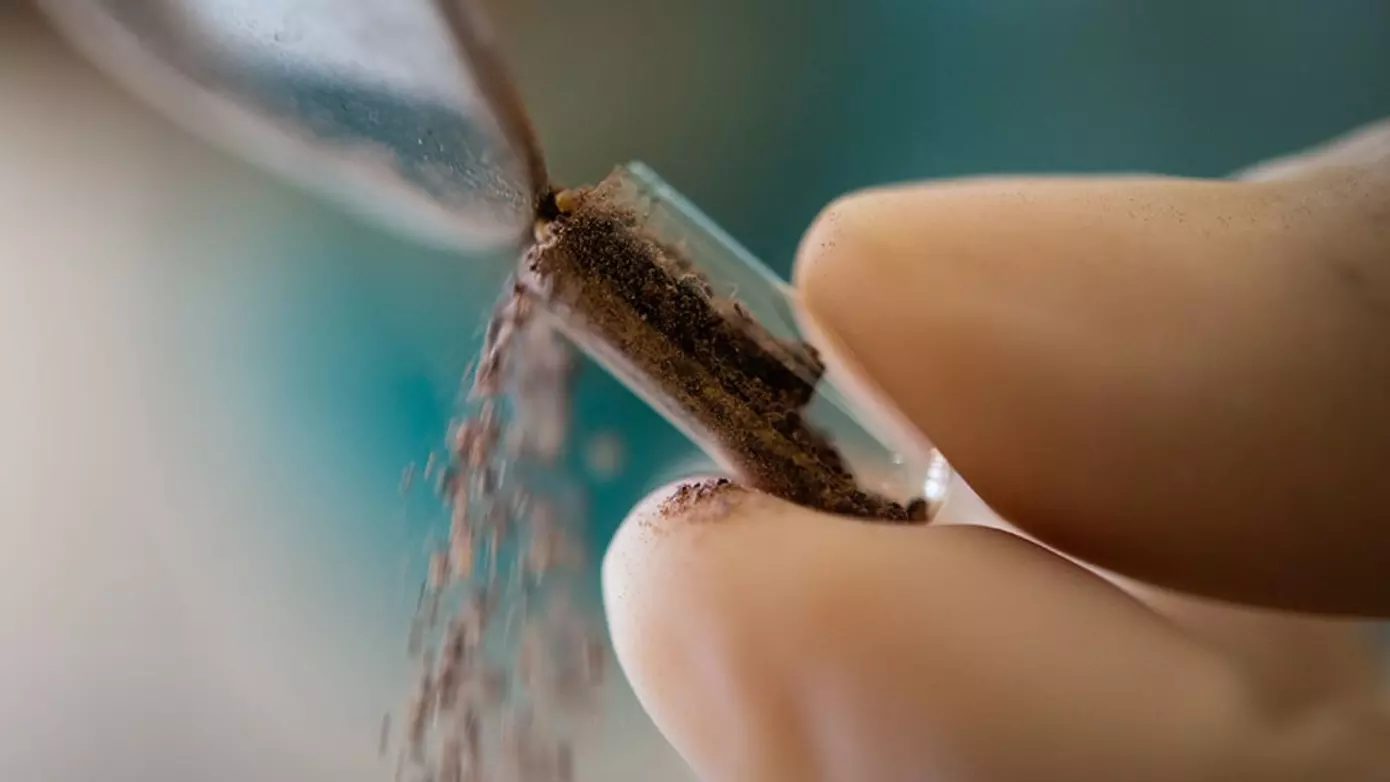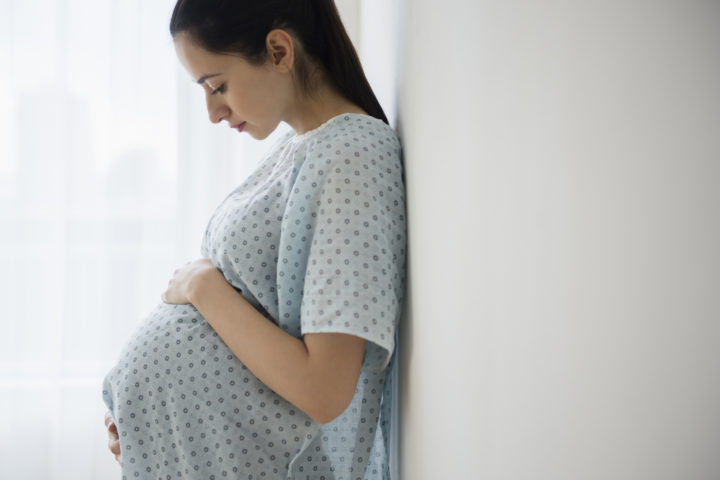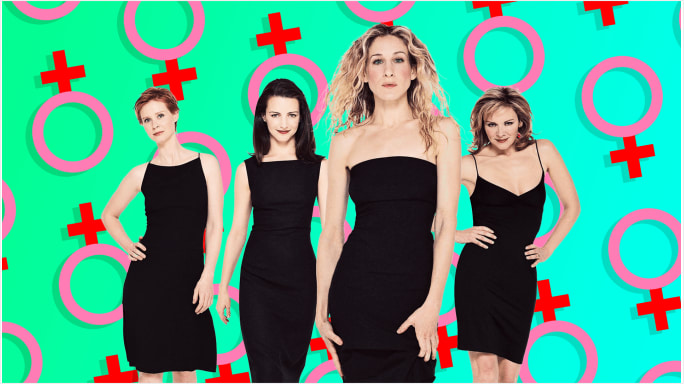Moms like Kim K eating their placentas may be trendy, but there are no proven benefits
Women consuming their own placentas following the birth of their child has all the makings of a clickable health story: intrigue, dodgy science and a potential gross-out factor. Over the past few years, we’ve heard from celebrities like January Jones, Kim Kardashian and Alicia Silverstone, who have all been open about taking their own placentas in pill form for various health reasons.
In addition to swallowing encapsulated placenta, people have also incorporated it into smoothies, truffles and soups with the view that it will help a woman recover after giving birth and could possibly prevent or treat postpartum depression.
Now is probably a good time to mention that there isn’t any published medical evidence suggesting that eating your placenta has any proven health benefits. Not only that, but a new study in the American Journal of Obstetrics & Gynecologyconfirms this and advises doctors not to recommend that their patients eat their own (or anyone else’s) placenta.
Prior to a report from the Centers for Disease Control that came out in June, proponents of the practice have been able to overlook the lack of medical evidence, pointing to the fact that, sure, they may not help, but they’re also not harmful. But that’s no longer the case. The CDC report released in June described a baby born in Oregon in 2016 becoming seriously ill with a strep infection that caused breathing difficulties. When doctors looked for the cause of the infection in the newborn but couldn’t find one, they eventually tested the dried placenta capsules the mother of the baby was taking daily. The capsules contained bacteria that were strep positive and were very likely the cause of the baby’s infection according to the authors of the report.
There are currently no existing standards for the processing or preparation of placenta for consumption, the report pointed out. Specifically, the process of turning placenta into capsules does not necessarily involve heating it at 130 degrees F for the 121 minutes required to reduce the type of bacteria that made the baby sick. So, the authors recommend that “placenta capsule ingestions should be avoided.”
Although the CDC has not yet taken an official position on placenta pills, this warning from the authors of the report sends a strong message in the meantime.
Originally published on SheKnows.




comments